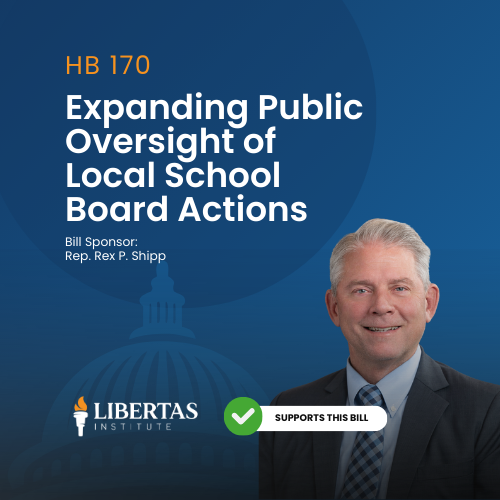This bill, as a second substitute, passed the House 67-5 and passed the Senate unanimously. Visit our Legislative Index to see the final vote rankings for the 2014 general session.
Libertas Institute supports this bill.
Utah was one of two dozen states that recently applied to the Federal Aviation Administration for the opportunity to be chosen as one of six test sites for testing unmanned aerial vehicles, better known as drones. The state was not selected.
Still, it’s clear that the use of these devices—for recreation, deliveries, investigation, surveillance, and other purposes—will be increasing in the years ahead. In preparation for such an eventuality, Senator Howard Stephenson has proposed Senate Bill 167 that would restrict the instances in which government agents may use them.
Use of drones by state and local officials for official purposes is banned except in the following cases:
- if the person being surveilled gives consent;
- if the drone is used to assist a person whose life or safety is reasonably believed to be threatened, so long as a supervisor signs off and a sworn statement justifying the use is filed within 48 hours;
- if the agent of the state reasonably determines that an emergency situation exists that threatens national security interests or is characteristic of organized crime, and the emergency situation requires the operation of the drone before a warrant or order can be obtained;
- if the agent obtains a warrant; or
- if the drone is used by the agent for a purpose other than law enforcement or intelligence gathering, provided that no information or evidence derived from the drone’s operation may intended for use in a court or other government body.
Measures are also put in place so as to ensure that data collected on other persons who are not the identified target is deleted. Additionally, facial recognition or other biometric matching technology is prohibited. Further, equipping drones with weapons is also prohibited.
The bill also enacts strict controls over the management and retention of data collected by the drone. Any data that is obtained on a person, building, or area not specified as the target must be “destroyed in an unrecoverable manner” within 24 hours. Any data that is obtained in violation of the bill’s provisions is also invalidated in court, preventing it from being used as evidence.
Notification provisions are also included to ensure that the target of the drone’s surveillance is made aware of the data that was collected. Delays may be granted by a court if the judge determines that the notice would endanger the life or physical safety of an individual, cause a person to flee from prosecution, lead to the destruction of or tampering with evidence, intimidate a potential witness, or otherwise seriously jeopardize an investigation or unduly delay a trial.
The ability of both police officers and citizens to obtain and deploy these devices creates new, uncharted legal territory. In North Dakota, for example, a man was recently convicted based in part on evidence collected from a drone with no warrant issued for its use. Greater adoption of this technology is widely expected in the months and years ahead—all the more reason to preemptively enact reasonable controls to govern its use by law enforcement.
We are pleased with the bill as currently written and believe that the government’s authority to use such drones for investigation and surveillance should be narrowly constrained, while still allowing for their use in certain circumstances.




